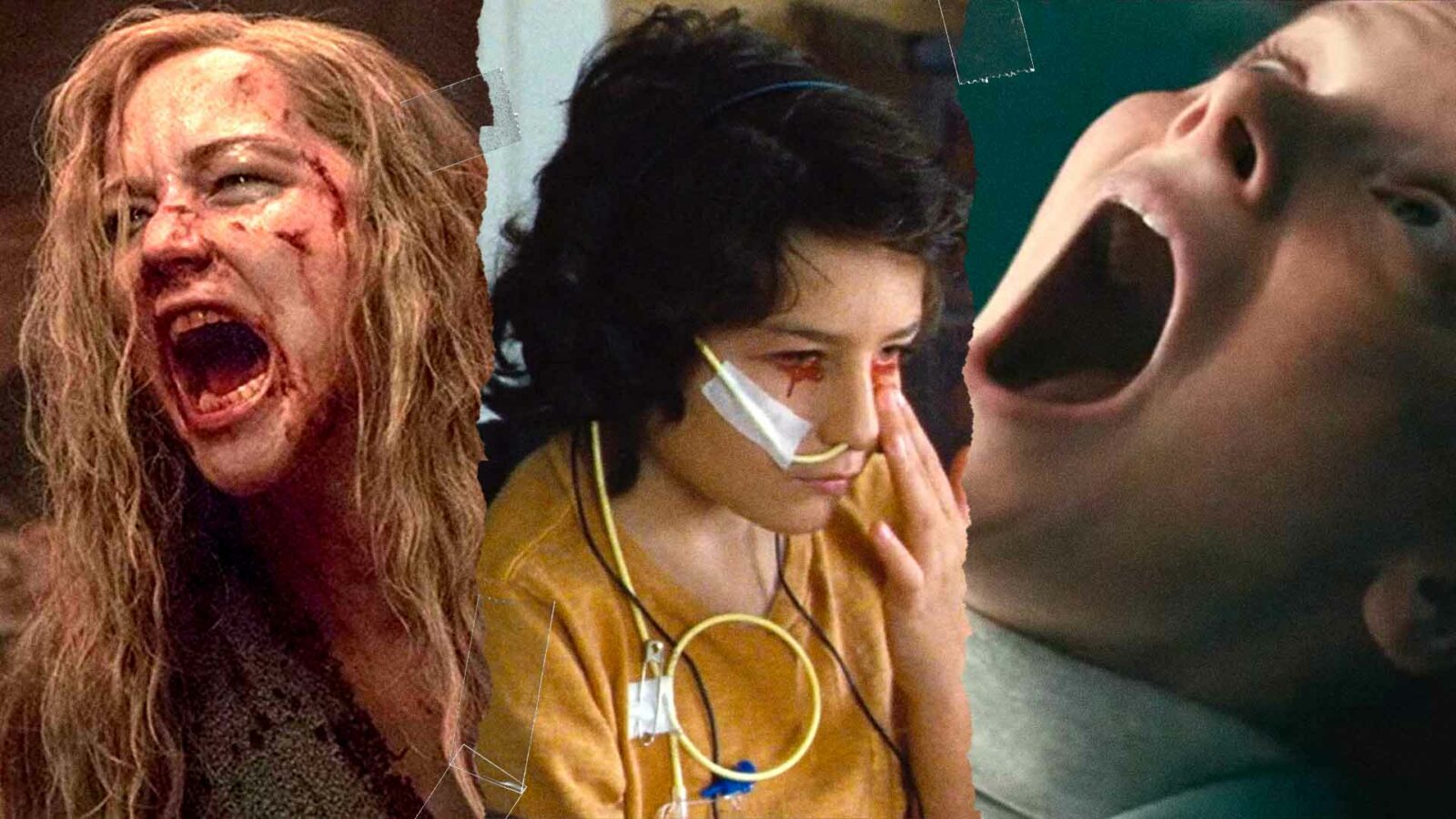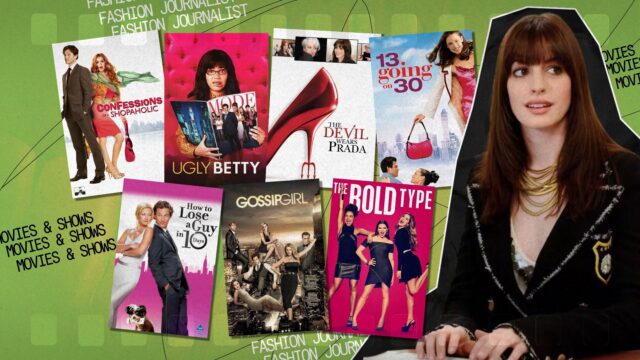From a film about the terror of adulthood to a critique on patriarchal violence, here are five psychological horror movies that are sobering and frightening.
Related: This Halloween, Watch These Filipino Horror Movies Starring These Young Stars
Unlike other subgenres of horror films which capitalize on mere jump scares, bloody gore, or abominable monsters, psychological horror movies assault us with its fears that are grounded on the complex and infinitely frightening depths of the human mind. Psychological horrors plumb its abyss and uncover terrifying truths: its fractures, instability, madness, loneliness, existential dread, anxiety, trauma, nightmares, among other disturbing elements.
From classics like The Shining and Psycho to modern incarnations like Black Swan and Get Out, psychological horror films not only perturb us, but through symbolisms and metaphors, make us realize something profound about society at large. More than the fear that these stories leave you are the questions that will linger even days after watching it. Below are five films that possess the spirit of this subversive subgenre.
THE KILLING OF A SACRED DEER
Greek auteur Yorgos Lanthimos is known for a signature strangeness in his films that is at once alluring and frightening. From his family satire, Dogtooth, to his idiosyncratic, eye-piercing romance, The Lobster, Lanthimos has cemented himself as the go-to filmmaker for everything bizarrely entertaining.
His 2017 psychological horror film, The Killing of a Sacred Deer, is no exception. It follows the story of a respected cardiological surgeon Steven Murphy (Colin Farrell), his wife (Nicole Kidman), and their two children, fifteen-year-old Kim (Raffey Cassidy) and younger Bob (Sunny Suljic), as they suffer a curse-like fate from Martin (Barry Keoghan), who is the son of Steven’s former patient. Martin tells Steven that his family will die one-by-one from a mysterious illness (whose symptoms include paralysis and eyes bleeding) unless Steven himself chooses one to sacrifice.
While mysteries wrap the film’s narrative, it is revealed that Martin’s father died during a surgery under Steven’s hands and this is Martin’s way of “getting close to justice.” What starts as a quiet drama, Sacred Deer becomes a gripping amalgam of the mystical and the real as Steven decides who should he kill; who should be sacrificed. Derived from a Greek myth and featuring a revelatory turn from Keoghan (Druig in The Eternals and Joker in The Batman), whose “spaghetti monologue” makes for a powerful highlight, The Killing of a Sacred Deer turns the revenge genre upside down; one that will make you think even weeks after watching it.
IT FOLLOWS

How would you feel if one day you wake up and suddenly a curse has been passed on to you in the form of monsters who will chase you to your death? And it’s all because of your first sexual encounter. Probably one of the most popular indie psychological horror movies of the 2010s, David Robert Mitchell’s It Follows plays with that idea to an unnervingly horrifying level. Released in 2014, the indie horror film has proved to be a fan-favorite and has even been dubbed as the “STD horror movie” because of how the audiences see the monsters as clever metaphors for the horrors of sex and sexually transmitted diseases, including the stigma attached to it.
It Follows tells the story of the quintessential teenager, Jay (Maika Monroe), who one day after she sleeps with her boyfriend, Hugh (Jake Weary), is chased by monsters only she can see. Hugh reveals that he has transferred a mysterious curse to her and the only way that Jay can get rid of it is through having sexual intercourse with another person. Without giving too much of the plot, the sheer horror lies not on how the monsters can kill you (because they obviously can), but on how they can assume the image of the people you love and the psychological torment that it entails. Some critics see the film as an allegory of the anxiety of coming of age, of sexual awakening, and the inevitable danger that comes with it. But whatever the film is, it’s for sure one hell of an unsettling experience.
MEN
Alex Garland has gained notoriety for his cerebral sci-fis like Ex Machina, Annihilation, and his FX-backed limited series, Devs. His recent offering, Men, is no less mind-bending. Men follows Harper (Jessie Buckley) who rents a rural manor in the English countryside to seek solace after the tragic death of her husband (Paapa Essiedu). But instead of getting idyllic peace and comfort, she is gradually terrorized by, well, the men who live in the town: a naked homeless stalker, vicar, grumpy teenager, even the creepy caretaker who are all played brilliantly by the same actor, Rory Kinnear.
Garland asserts that Men is a horror film about the “sense of horror.” And it sure is a sensorial experience that is infused with different shades of horror including folk horror, psychological horror, gendered horror, and by the visceral third act that, as per Garland, is inspired by the Japanese animated show, Attack On Titan, a full-blown body horror. The film definitely has a lot to unpack with its religious undertones, critique on toxic masculinity and patriarchy, and portrayal of the terror of misogyny. The film is scary, yes, but it’s hard to pin down what exactly makes for its horror. Men will leave you in a daze with its questions. And as Garland aptly says, that’s the point of the film: to ask those questions and to struggle with it.
SAINT MAUD
Director Rose Glass’s A24 debut feature, Saint Maud, revolves around Maud (Morfydd Clark), a hospice nurse whose evangelical zeal of her newfound faith is next to none. She becomes obsessed with “saving the soul” of her terminally ill client, Amanda (Jennifer Ehle), a former famous dancer who is Maud’s complete antithesis: She’s an atheist and a hedonist.
But when Amanda rejects Maud’s “saving” and publicly humiliates her, Maud’s psychological deterioration begins rapidly as her life devolves into a complete nightmare. The mistakes she’s done lead her to agonizing modes of penance just to regain or maintain the ecstatic state of her faith. It’s the film’s peak visceral moment that for sure will not spare your dreams. As you inhabit Saint Maud, it becomes less about religion and more about the dangerous consequences of Maud’s existential isolation and loneliness. “She’s been this sort of invisible person all her life, always waiting to be seen,” Glass says. “She finally gets that at the end, I suppose, but it’s far, far too late.”
mother!
Metaphors and meanings abound in Darren Aronofsky’s R-Rated mother! with a strong cast that boasts names like Jennifer Lawrence, Javier Bardem, Ed Harris, Michelle Pfeiffer, and Domnhall Gleeson. In an attempt to give you a concrete idea of what the story is about, a simple logline will be that mother! is about a couple, a submissive Mother (Lawrence) and narcissistic Him (Bardem), whose relationship and seemingly tranquil existence gets disrupted by the arrival of uninvited guests.
Yet still, this does not encapsulate the elusive nature of a film which, as Aronofsky explains, is a biblical allegory, a cautionary tale about climate change, and an examination of gender roles (domesticity of women vs. male ego). These and more rendered in a visually striking series of events that is at once panic-inducing, viciously frightening, and oddly confusing. The genre-bending mother! divided the audience when it was released in 2017, but it was as if it was purposefully made to be so; its subversive plurality making it the epitome of psychological horror movies.
Continue Reading: Jacob Batalon Is Not Your Ordinary Bloodsucker In ‘Reginald The Vampire’





